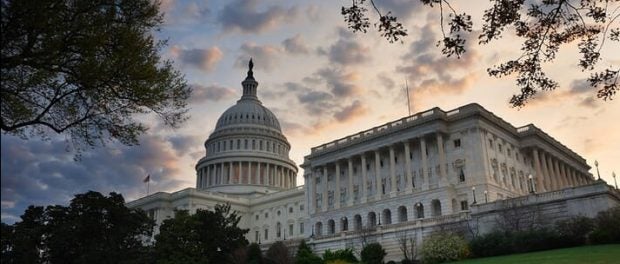Budget Reconciliation and Agriculture – Farm Politics

Budget Reconciliation and Agriculture and More from the National Sustainable Agriculture Coalition (NSAC)
Budget Reconciliation and Agriculture: The Missing Pieces
A lot has changed since we last blogged about budget reconciliation and agriculture and climate change just two weeks ago. At that point, there were still major outstanding details about the proposed agriculture, forestry, and rural development investments the House and Senate Agriculture Committees had put together. In this latest post, NSAC analyzes the conservation and debt relief provisions and gives an update on the process and path forward to developing and passing the Build Back Better Act budget reconciliation bill.
We discuss why it is critical that, as Congress moves forward with plans to pass the Build Back Better Act, food and agriculture investments be spared from any additional reductions. Protecting critical food and agriculture investments in the reconciliation bill will support our nation’s sustainable farmers and ranchers in tackling our nation’s response to the climate crisis.
What We’re Reading
In this space we share suggested readings that NSAC staff find relevant to the Coalition’s mission and work. The opinions expressed in these readings are those of the authors and do not necessarily reflect an official NSAC policy or position.
“Four Farmers Markets Led By Indigenous Communities”
Every second Monday of October marks Indigenous People’s Day, a holiday that honors Native people’s role in America’s past, present, and future. In celebration of Indigenous People’s Day we share a piece from Farmers Market Coalition that points towards a few farmer’s markets founded and led by Indigenous organizations that are working to support Indigenous food sovereignty in their communities.
“A Native-led Land Trust Is Working to Empower Indigenous Youth Through Kelp Farming”
A program from the nonprofit Native Conservancy is helping cultivate food sovereignty, regenerate the marine environment, and boost the local economy.







 Your Privacy Choices
Your Privacy Choices
Leave a comment